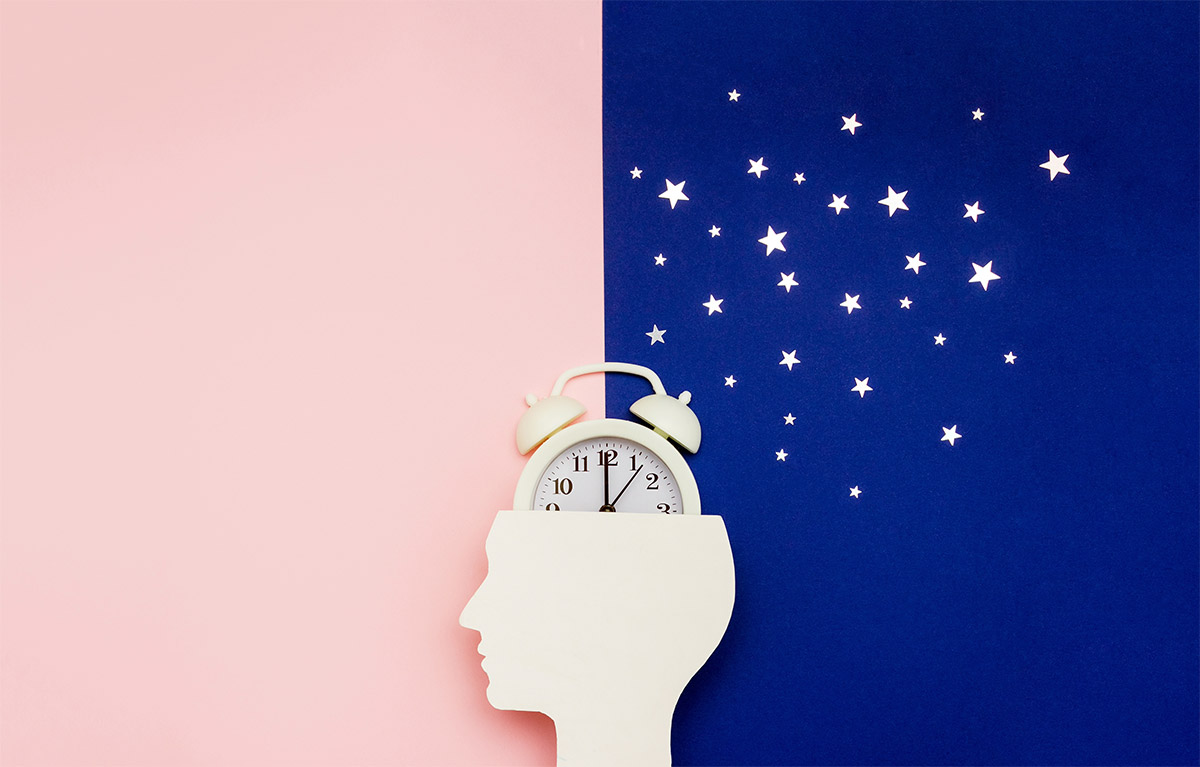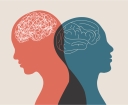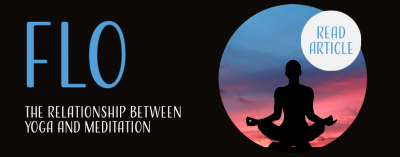Sleep better

my brain went into overdrive at the precise moment I needed it to wind down
Sana Qadar, ABC all In the mind
Melinda Jackson explains this familiar phenomena as
"We've been able to distract ourselves and busy ourselves during the day with work and activities and whatever we're doing. But at night it's often the first time that we've kind of allowed ourselves to stop and our brains are like, okay, now I can start doing stuff that I want to do, and then the thoughts just come."
Basic sleep tips
- keeping a consistent bedtime
- making sure you have like a nice winding down routine
- not using too much technology close to bedtime
- replace unwanted thoughts with more pleasant things
What percentage of people have sleep issues?
A report from the sleep health foundation found that nearly 40% of Australians experienced inadequate sleep.
What is normal sleep?
waking up 1 or 2 times during the night is very normal.
Melinda Jackson, ABC All in the mind
Sleep was different 100,000 years ago. You didn't just tuck yourself away for a number of hours and wake up pleasantly at the end of it. You are alert for whatever might come after you. We would have repeatedly woken up to quickly observe that we are still safe.
Dr Stan Rodski author of The Neuroscience of Excellent Sleep, suggests these cycles were approximately 90 minutes. We go and we go deep and we come out and we go back in and we go deep, but they get shallower as the night goes on until we fully wake up.
These cycles are why many of us wake up at various times in the night. It's actually a pretty normal thing.

The brain seeks patterns
The brain seeks patterns because it is its most efficient energy use. If it's got a pattern, it can do things easily and quickly. Author Rob Stones relates to this in aquiring the habit of resilience.
Sometimes it gets into a wrong pattern or a pattern that is not your optimal. The brain doesn't care if it is a good habit of a bad habit. That's a decision that occurs in the emotional parts of your brain. Hence try to regulate your circadian timing as best possible.
Your body needs to drop from 37.2 down to 36.7 and it can go down to 36.5 and it's going to go up and down through the night.
Dr Stan Rodski, ABC All in the mind
Hence a bath or a shower can help you sleep because afterwards your body is slightly cooler.
Nap for no more than 30 minutes
A nap cannot be longer than 30 minutes and is best between 2 PM and 4 PM. If you sleep for 35 minutes your brain will want you to finish the 90 minute cycle.
Stress and Sleep
It is well established that stress and sleep are intimately connected. There's a lot of overlap between the neuro chemistry and the neural networks that are activated during the stress response, and the same networks that regulate our sleep as well.
Stress is considered to be the major precipitant of insomnia in most cases.
The Exxon Valdez wreck, explosion on the Challenger space shuttle, and the nuclear accidents at Chernobyl and Three Mile Island all were at least partially caused by a lack of sleep.
Arianna Huffington - Thrive - Penguin 2014
In summary
Sleep is just so fundamental to all elements of our health and well being. And it might be that you're able to cope at the moment with getting four or five hours of sleep and you're fine the next day, but sleep is also a risk factor for some forms of cancer, cardiovascular disease, diabetes, but more importantly, the risk of later anxiety and depression.
References and Sources
ABC All in the mind How to win the battle for better sleep
Dr Melinda Jackson
Sleep psychologist
Researcher
Monash University
Dr Stan Rodski
Neuroscientist
Author of The Neuroscience of Excellent Sleep
Presenter/Producer: Sana Qadar
SEARCH ARTICLES
advanced search tips examples: "Yoga Meditation" Therap* +Yoga +MeditationRecent Posts

Nov 27 2025
The Psychology Behind the Primacy Effect

Jun 24 2025
Microplastic Exposure: Bottled Water vs Tap

Jun 09 2025
Squats for aligning hips

Apr 29 2025
Creative Thinking

Jan 28 2025
How to talk to someone you disagree with

Jan 27 2025
Alcohol Causes Cancer

Jan 14 2025
The role of the Amygdala

Oct 04 2024
A Support Guide for Anorexia Nervosa

Jun 25 2024
Sleep better



